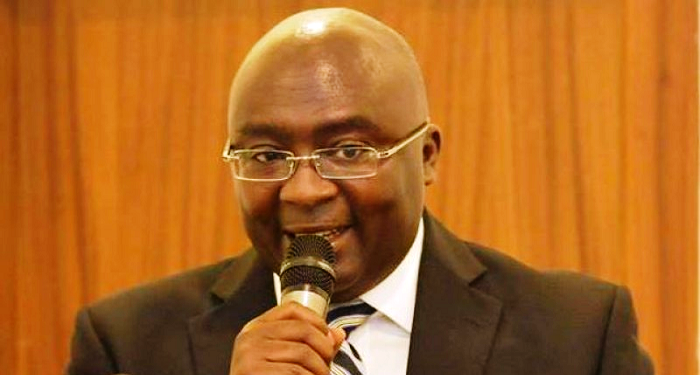
Cuba’s gesture commendable
Cuba has long been renowned for its medical diplomacy - thousands of its doctor’s work in healthcare missions around the world, including Ghana, bolstering healthcare provision in poor and rural communities.
It is therefore exciting to note that the government of Cuba has accepted to train 40 brilliant, needy medical students from Zongos, inner cities and other deprived communities every year.
This follows a proposal by the Vice-President, Dr Mahamudu Bawumia, when he held bilateral talks with the President of Cuba, Mr Miguel Diaz-Canel, while on a two-day official visit to the Caribbean country.
According to Cuban officials, the programme would begin next year and gender parity would be ensured in the selection of the students to be trained as medical doctors, with a proposed selection of 20 males and 20 females, a statement from the Jubilee House said.
The Cuban healthcare system is producing a population that is as healthy as those of the world's wealthiest countries at a fraction of the cost. And now Cuba has begun exporting its system to under-served communities around the world, including Ghana.
For us at the Daily Graphic, the Cuban medical diplomacy should serve as a template of how the country can restructure its medical training programmes to ensure that every citizen has access to quality health care.
Cuban doctors offer health care to the world's poor because they have big hearts.
This positive attitude has done a lot for the country. Cuban citizens live longer than almost anyone in Latin America. Far fewer babies die.
Almost everyone has been vaccinated, and such scourges of the poor as parasites, TB, malaria, even HIV/AIDS are rare or non-existent. Anyone can see a doctor, at low cost, right in the neighbourhood.
One lesson Ghana can pick from the Cuban approach is making sure that our investment in medical education benefits those who need it most.
Doctors from poor areas routinely move to wealthier areas or out of the country altogether. Cuba trains doctors in an ethic of serving the poor.
They learn to see medical care as a right, not as a commodity, and to see their own role as one of service.
Cuban doctors are known for taking money out of their own pockets to buy medicine for patients who cannot afford to fill a prescription, and for touching and even embracing patients.
In Cuba, the new approach is medical schools without walls. Students meet their teachers in clinics and hospitals, in the country and abroad, practising alongside their mentors.
Videotaped lectures and training software mean students can study anywhere there are Cuban doctors.
The lower training costs make possible a scale of medical education that could end the scarcity of doctors.
As we embrace this gesture by the Cuban government to train brilliant medical students from deprived communities in the country, it is our hope and expectation that they return home not just with the knowledge, but the desire and spirit to serve in deprived communities irrespective of remuneration.
